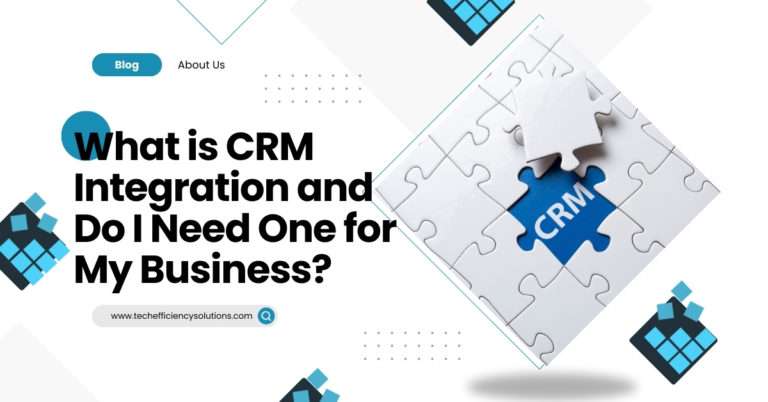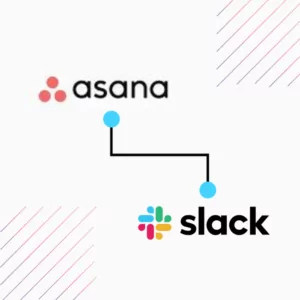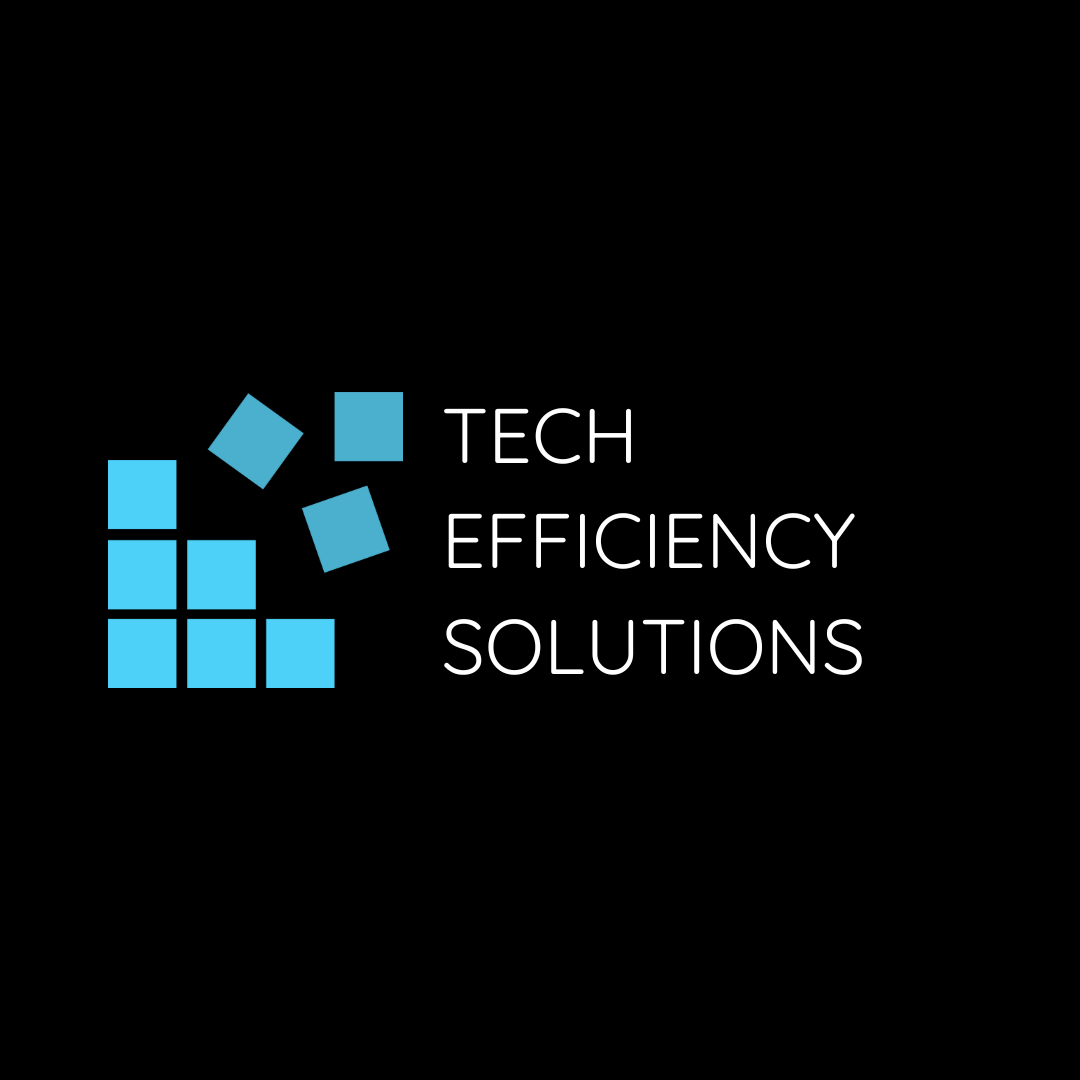What is CRM Integration and Do I Need One for My Business?

Picture yourself in the office, surrounded by a flurry of activities. Your email inbox is overflowing with customer queries, your phone is constantly buzzing with sales calls, and you’re trying to keep up with a barrage of social media notifications. It’s like you’re in the middle of a high-speed ping pong game where each ball coming your way represents different customer data.
Just when you think you’re about to lose control, Customer Relationship Management (CRM) software comes into the scene. It’s like having an efficient co-worker who steps in to help manage this frenzy, streamlining all your customer interactions, so you can focus on what matters most – building strong customer relationships.
What is CRM Integration?
CRM Integration is the synchronization of your CRM platform with other business systems like marketing automation tools, email systems, social media platforms, etc. There are several types of integrations, including data integration, application integration, and process integration. Each type serves a unique purpose and offers different benefits.
Data Integration
Data integration involves combining data from different sources into a unified view. This provides businesses with reliable, up-to-date information, enabling them to make data-driven decisions.
For instance, a retail company might integrate data from their sales system, customer feedback forms, and social media channels. This would give them a comprehensive understanding of customer behavior, helping them tailor their marketing strategies accordingly.
Application Integration

Application integration is the process of enabling separate software applications to work together, sharing data and functionality. This can streamline business processes and improve efficiency.
Take the example of a project management tool like Asana integrating with a communication platform like Slack. Team members can update project statuses in Asana and have these updates automatically sent to the relevant Slack channels, keeping everyone in the loop without switching between applications.
Process Integration
Process integration focuses on synchronizing business processes across different systems or software applications. This coordination ensures seamless workflow and helps eliminate bottlenecks.
Consider a manufacturing company that has separate systems for inventory management, order processing, and shipping. With process integration, as soon as an order is placed, the inventory system updates, the shipping department gets notified, and the entire process flows smoothly from one stage to the next without any manual intervention.
Why is CRM Integration Important for Your Business?
Integrating your CRM can bring about significant benefits. According to a Nucleus Research report, CRM pays back $8.71 for every dollar spent. It provides a holistic view of customers, improves productivity, and enhances customer service. However, it’s essential to consider potential costs and the need for technical resources.
Benefits of CRM Integration
- Improved Customer Service: CRM integration provides a complete view of customer interactions across various channels, enabling your team to provide personalized and efficient service.
- Increased Sales: By integrating CRM with sales platforms, businesses can streamline the sales process, track leads, and close deals faster.
- Enhanced Marketing Efforts: CRM integration with marketing tools can help create targeted and personalized marketing campaigns, improving conversion rates.
- Better Data Management: Integration eliminates data silos and ensures consistent, accurate, and up-to-date data across all systems.
- Efficient Task Automation: CRM integration can automate routine tasks like data entry, follow-ups, and report generation, saving time and reducing errors.
- Improved Team Collaboration: By providing a unified view of customer data, CRM integration fosters better collaboration between departments.
- In-depth Analytics: Integrated CRM systems provide comprehensive analytics, offering insights into customer behavior, sales trends, and campaign performance.
- Enhanced Customer Retention: With a 360-degree view of customers, businesses can proactively address issues, improve customer satisfaction, and boost loyalty.
- Scalability: As your business grows, an integrated CRM system can easily adapt, handling increased data and more complex processes.
- Cost Savings: By automating tasks and improving efficiency, CRM integration can lead to significant cost savings in the long run.
"CRM pays back $8.71 for every dollar spent."
- Nucleus Research
Measuring the ROI of CRM Integration
You must actively measure the return on investment (ROI) of Customer Relationship Management (CRM) integration to ascertain its value and effectiveness for your business. This process entails evaluating the revenue generated by the CRM system against its costs.
To measure CRM ROI, consider both cost savings and revenue enhancements. CRM integration, for instance, automates routine tasks, saving time and reducing labor costs. On the revenue front, CRM can bolster sales by improving marketing efforts, enhancing customer service, and streamlining the sales process.
Remember, a CRM system’s true ROI may not be immediately visible and requires measurement over a period. CRM systems often deliver long-term benefits like better data management and improved customer retention, which can lead to cost savings and increased sales over time.
According to BarnRaisers, a case study from Allina Health, a non-profit healthcare system in Minnesota, provides a compelling example of CRM ROI. They leveraged CRM to manage their data warehouse and achieved an astounding +152% ROI over 2 years. This demonstrates the significant impact CRM can have on efficiently managing large amounts of data and streamlining processes.
Checklist: Do You Need CRM Integration?
A CRM integration checklist can help you evaluate whether your business needs to integrate a Customer Relationship Management (CRM) system. Here’s a handy checklist to guide your decision:
- Are you aiming to improve sales, marketing, and customer service?
- Do you want to automate your sales process for efficiency?
- Do you need a centralized system to manage customer data?
- Are you spending too much time on routine tasks like data entry and follow-ups?
- Are you struggling with customer retention?
- Do you want to create personalized marketing campaigns?
- Do you need comprehensive analytics and reporting?
- Do you want to improve collaboration between departments?
- Do you need a system that can grow with your business
- Are you looking to reduce costs?
If you answered YES to any of these, CRM integration could be your best solution.
Why Choose Salesforce for CRM Integration?
Choosing Salesforce for your CRM integration can be a game-changer for your business due to its powerful features and benefits. Here’s why:
- Comprehensive Customer View: Salesforce offers a 360-degree view of your customers, providing detailed information on their behavior, preferences, and interactions. This can help you personalize your services and improve customer satisfaction.
- Powerful Analytics: With Salesforce’s advanced analytics, you can gain deep insights into your sales, marketing, and customer service efforts. This enables you to make data-driven decisions and enhance your strategies.
- Scalability: Salesforce is designed to grow with your business. As you expand, Salesforce can handle increased customer data and more complex processes, ensuring consistent performance.
- Customization: Salesforce CRM is highly customizable. You can tailor its features to meet your specific business needs, improving your operational efficiency.
- Integration Capabilities: Salesforce can seamlessly integrate with a multitude of other software solutions. This means you can connect it with your existing systems, reducing disruptions and ensuring smooth operations.
- Cloud-Based: As a cloud-based CRM, Salesforce allows you to access your customer data anytime, anywhere. This enhances flexibility and ensures that your team can work effectively, even remotely.
- Robust Support: Salesforce provides comprehensive support to its users. From extensive online resources to dedicated customer service, you’ll have the help you need to maximize your CRM investment.
Salesforce sets the gold standard for CRM integration. Its unique features like real-time data syncing, custom reporting, and user-friendly interface make it a top choice for businesses globally. As per a Forrester report, Salesforce customers experienced a 341% ROI over three years.
When it comes to CRM integration, choosing the right partner is key. Tech Efficiency Solutions, with its expertise in Salesforce integration, can help you streamline processes and enhance customer relationships. Ready to take your business to the next level? Contact us today!
Key Takeaways
- CRM and CRM integration are essential for managing customer interactions efficiently.
- There are different types of CRM integrations to suit various business needs.
- Consider cost implications and technical resources before opting for CRM integration.
- Measuring ROI is crucial to validate the investment in CRM integration.
- Salesforce offers robust features, making it an excellent choice for CRM integration.
- Use the checklist to determine if your business needs CRM integration.
- Choose a reputable CRM integration partner to help you streamline the process.
FAQs
Q: Why do we integrate CRM?
We integrate CRM to improve customer relationships, increase sales and profitability, automate marketing and sales tasks, and provide a better understanding of the customer lifecycle. CRM integration allows for centralized data management, which results in efficient communication and improved decision-making.
Q: What should a good CRM do?
A good CRM should manage and analyze customer interactions throughout the customer lifecycle. It should help businesses improve customer service, retain customers, and drive sales growth. Key features include contact management, interaction tracking, lead management, email integration, document storage, and reporting capabilities.
Q: What are CRM tools?
CRM tools are software solutions that help businesses manage their relationships and interactions with customers and potential customers. They include features for sales automation, customer support, social media integration, task management, analytics, and more. Examples of CRM tools include Salesforce, HubSpot, Zoho, and Microsoft Dynamics 365.
- 5 Common Mistakes in SharePoint Governance and How to Avoid Them - June 5, 2024
- How to Use Microsoft Forms: A Beginner’s Guide - June 1, 2024
- What is Microsoft Bookings? - May 26, 2024

